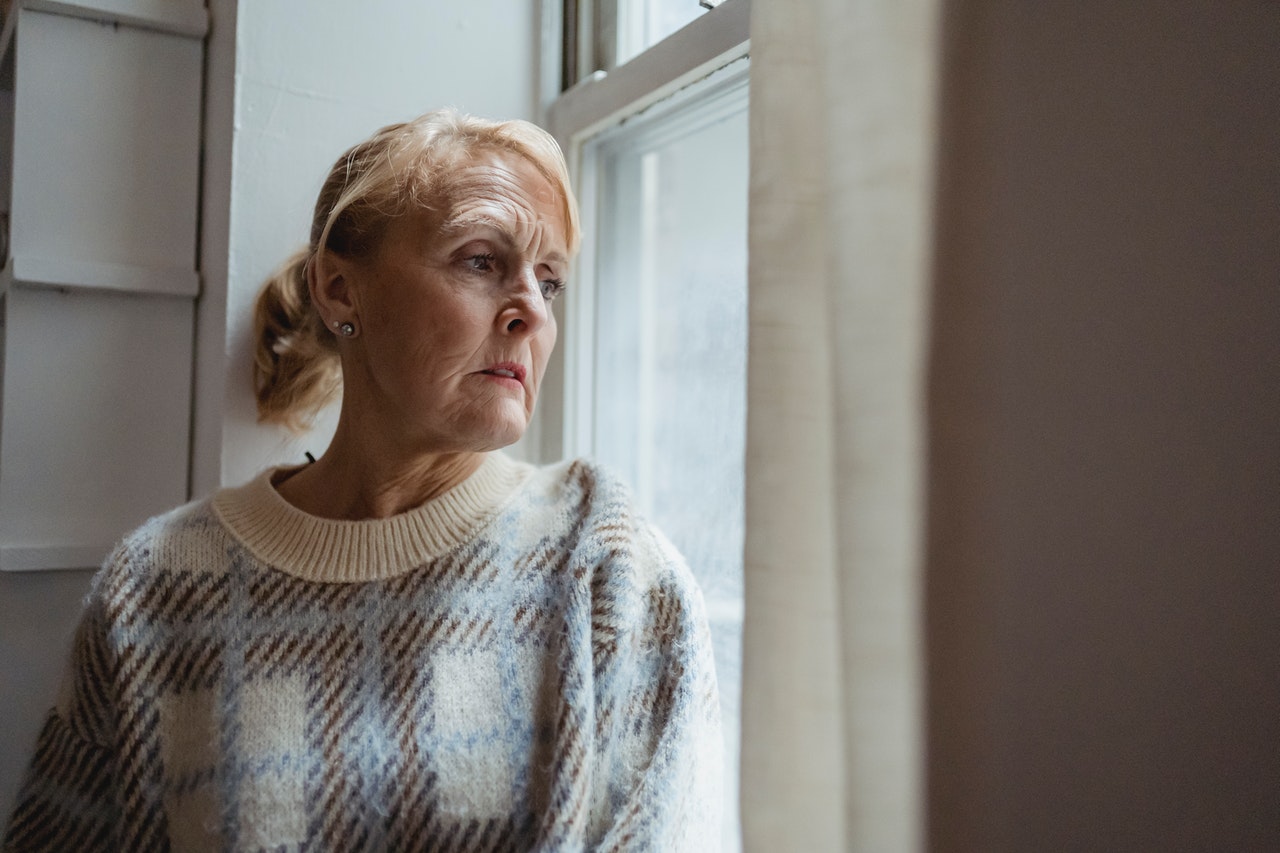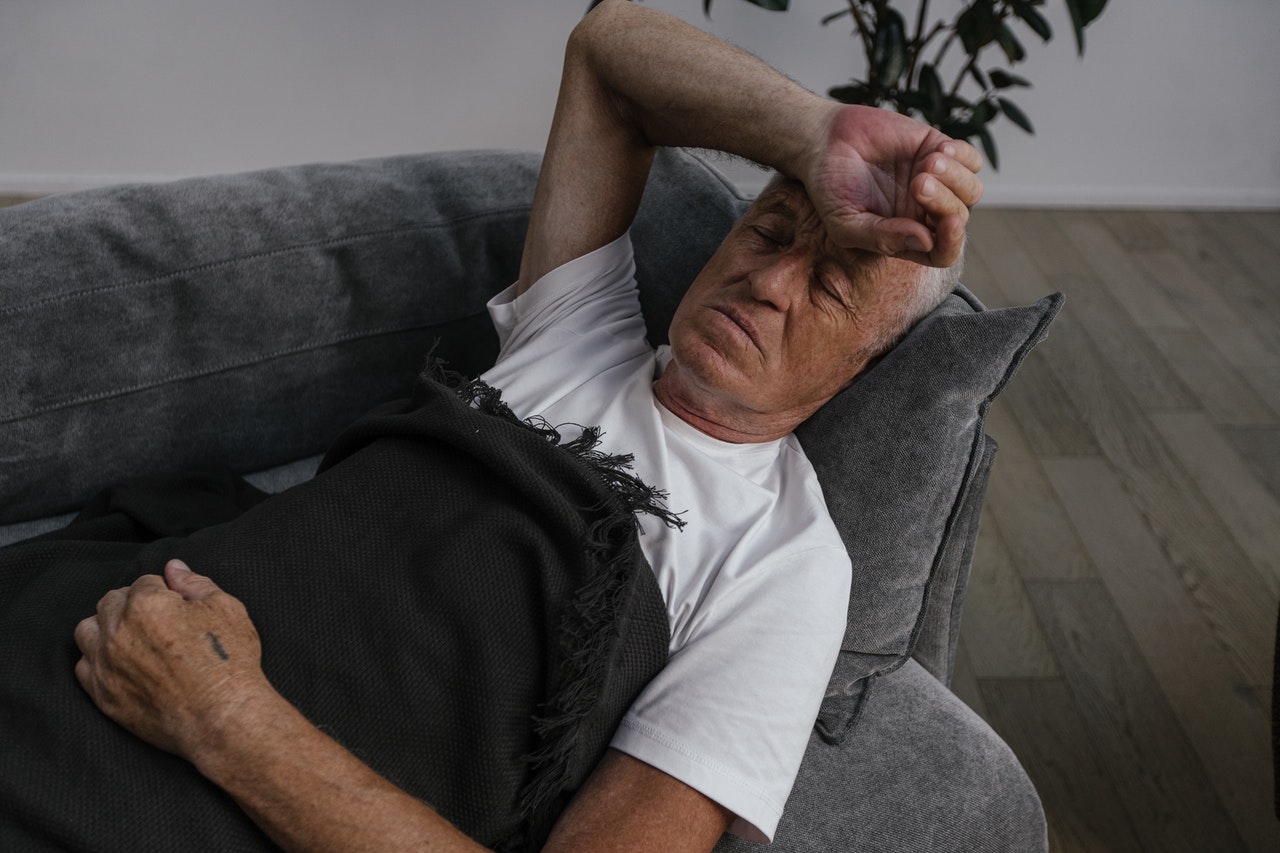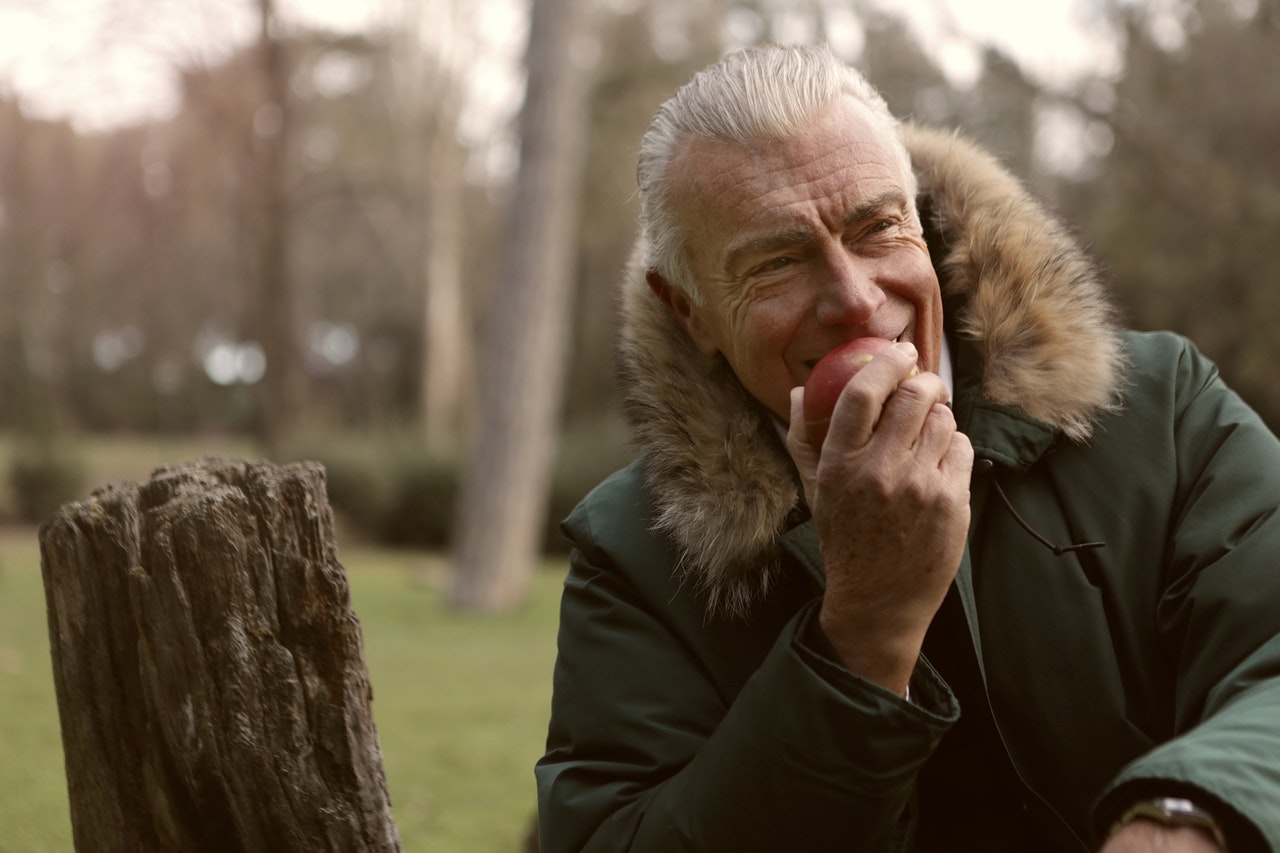Urinary Incontinence in the Elderly: Helping Your Aging Parent

It is common for the elderly to experience a change in their bodies as they get older. This change leads our aging loved ones not to do things as quickly as before, and there is also an evident decline in their reflexes which hampers them to enjoy the things they usually do. In addition, people in old age are susceptible to illness as they have much weaker immunity. Their sleeping routine also changes as well as their eating habits. And even their urinary system is one of the organs that are prone to malfunction as they age. One of the main changes that occur in older adult’s bodies is difficulty with urinary incontinence.
What is Urinary Incontinence
Urinary incontinence in seniors is the loss of control of the urine stream, which causes an unintentional leakage of urine during activity. The involuntary loss of urine happens when the bladder muscles are not strong enough to keep up with urination. So urine begins leaking out from an opening into the body tissues, leading to discomfort or further damage. If you suspect that your aging parents show signs of urinary incontinence, it is essential to find out the underlying causes before addressing the problem.
When your elderly loved one shows symptoms of urinary incontinence, The doctor should check her for any conditions that may be causing or contributing to the incontinence. Older individuals who experience urinary incontinence may also have other related symptoms, such as difficulty in voiding, inability to control urine, increased urinary frequency during activity (often without leakage), and pain when urinating or burning sensation urinating.
Causes of Urinary Incontinence in Seniors
There are many causes of incontinence; this includes everyday habits, medical conditions, or physical problems. However, an evaluation from a doctor can help determine what’s causes your aging parent’s urinary incontinence.
Certain foods, medications, and drinks may act as diuretics, stimulating older adults’ bladder increasing urine production. It includes:
1. Carbonated drinks and sparkling water
2. Caffeine
3. Chili peppers
4. Alcohol
5. Foods that are high in acid, sugar, spice
Aside from drinking carbonated drinks and consuming unhealthy diets, there are different reasons why older adults are more prone to urinary incontinence. The following health problems can cause urinary incontinence in both men and women:
1. Urinary Tract Infections (UTI)
2. Bladder or Kidney Stones
3. Pelvic Organ Prolapse (POP)
4. Parkinson’s disease
5. Alzheimer’s disease
6. Neurogenic Bladder
7. Vaginismus Treatment (Such as Vacuum Electrostimulation).
8. Prostate problems like Acute bacterial prostatitis and chronic bacterial prostatitis(a common cause of urinary incontinence in men)
Common Urinary Incontinence Causes in Elderly Women Include
1.Childbirth
2.Hysterectomy
2.Aging
3. Use of certain medications
4.Obesity
5. Early menopause can cause urinary incontinence in women, especially if they have not had any deliveries or had a hysterectomy that has affected the pelvic floor muscles

Types of Urinary Incontinence
The symptoms may vary as it depends upon the nature of the case. For example, some people notice a strong urge to urinate followed by leakage, while others may not notice any sensation. In addition, there are different types of urinary incontinence your aging parents may experience.
1. Urge incontinence
It occurs during a sudden urge to urinate. When the brain and bladder signal to urinate involuntarily.
2. Stress Incontinence
This type occurs when the bladder is overfilled with urine from an increased pressure level on the bladder, causing urine to leak. In addition, stress incontinence can be caused by emotion, cough, sneeze, and laughter.
3. Overflow Incontinence
It occurs due to a weak bladder that cannot hold urine, causing it to spill over no matter how little you drink.
4. Mixed Incontinence
It is when a person incontinent of both types of incontinence (urge and stress)
5. Functional Incontinence
It results in a lack of physical function that causes the person not to reach the bathroom or toilet in time. Functional incontinence is more common among older adults, especially those who live alone and for whom help is not available.
Ways to Help Your Aging Parent Manage Urinary Incontinence
If the causes of your aging parent’s incontinence are due to an unhealthy lifestyle. You may follow these efficient ways to help your aging parents manage their urinary incontinence.
1. Lifestyle Changes
It is vital to make changes to your aging parent’s lifestyle, especially if they are prone to it. For example, reducing the amount of fluid intake can also help in preventing the leakage of urine. Also, ensuring that they have enough sleep and getting enough rest are good ways to prevent you from seeing them suffering from urinary incontinence.
2. May Help With Urge Incontinence
The first step in managing incontinence is by stopping the use of medications that may be causing it. Also, you should consult with your elderly loved one’s doctor about the use of medications that may worsen this condition. Some family members feel these medicines help improve this condition while others do not.
3. Regular Exercise is a Good Way of Combatting the Problem
When you are exercising, the muscles in your pelvic region get well exercised, which thereby helps in strengthening the bladder. Also, stretching exercises that improve muscle strength, including deep breathing and pelvic floor stimulation, can help stop or reduce urinary incontinence.
4.Healthy Diet Can Help Control Urinary Incontinence
Eating a highly rich diet in high fiber foods can also help reduce the chances of you or your aging parents suffering from urinary incontinence. The more fiber you take, the easier it becomes to pass urine and make sure it all goes down. In addition, try to avoid constipation by eating foods that are high in fiber.

However, if you think an underlying health problem causes incontinence in your loved ones, it would be best to have your aging parents scheduled for a consultation. Urinary Incontinence in Seniors can often be cured or controlled. Once the doctor diagnosed the root cause, he may suggest these ways for your parents.
Treatments for Urinary Incontinence Are Available
Treatments for Urinary incontinence is another option that your aging parents can try to help with managing the condition and prevent it. These treatments include:
a. Surgery – If your aging loved one is elderly with limited mobility, she might have to seek the help of an experienced doctor to perform surgery for urinary incontinence. Even if she has incontinence and has already had surgery, there can be complications when an older adult undergoes another surgery, especially when it involves her urinary system. Surgery is only really required when other options do not work in controlling the condition.
b. Medications – Although these medications may not be ideal for everyone, they can be beneficial in treating urinary incontinence and can also help delay the condition. But you need to be alert all the time and ensure to manage your parent’s medications to avoid confusion and mistakes.
c. Home Care Program – These programs are designed specifically for older adults with various disabilities, including incontinence. If you are unsure if your aging parent is suitable for this type of program, you should ask him or see an adult protective services agency to determine if this is right for your aging loved one.
In conclusion, urinary incontinence is a problem that needs to be addressed as soon as possible. If your aging loved one experiences symptoms of urinary incontinence, you need to take measures to get your aging loved one help and treatment.


